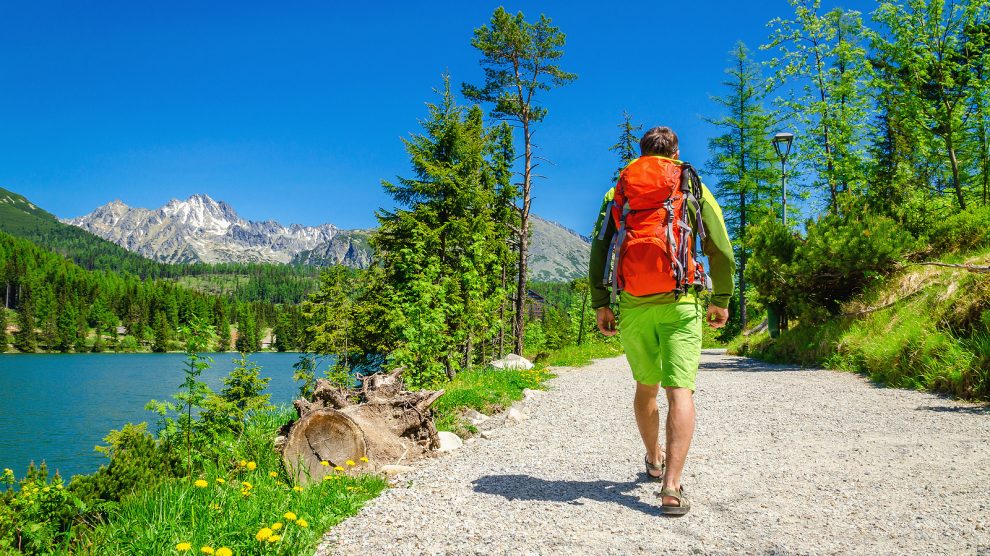Central and Eastern Europe is home to some of the most breathtaking landscapes and hiking trails in the world. From the towering peaks of the Carpathian Mountains to the lush forests of the Balkans, the region offers a diverse range of experiences for hikers of all levels.
We have chosen five of the best hiking trails in Central and Eastern Europe accessible to all, none of which require anything more than a decent pair of hiking shoes, a rucksack, a spirit of adventure and a love of the great outdoors.
The High Tatras, Slovakia
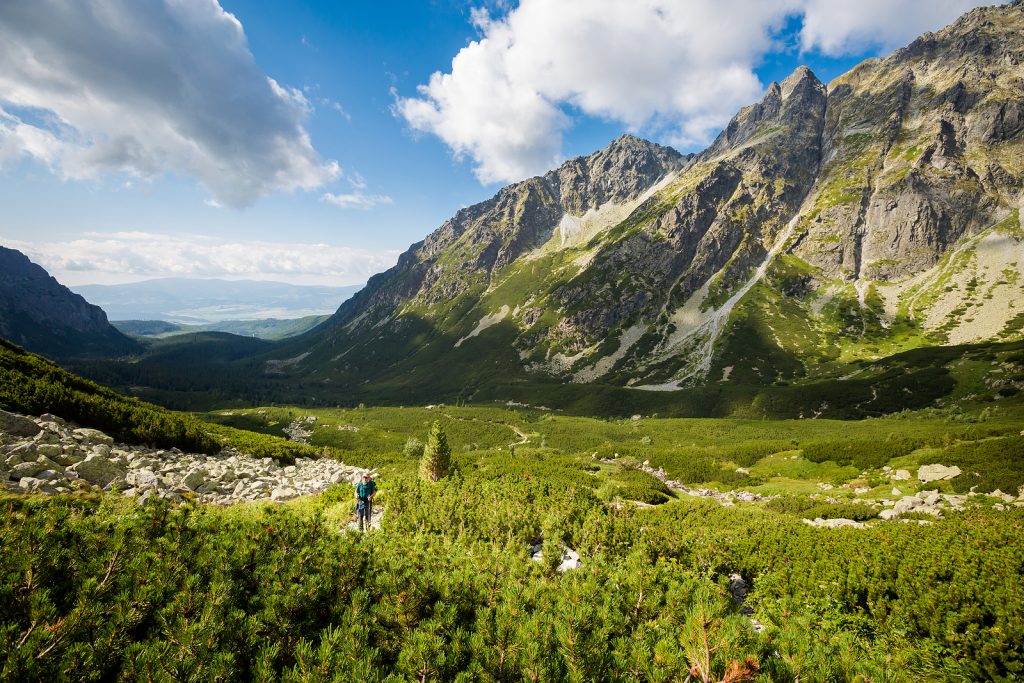
The High Tatras, a majestic mountain range straddling the border between Slovakia and Poland, are a hiker’s paradise. One of the most popular trails in this region is the ascent to Rysy, the highest peak in Poland. The ascent from the Polish side, from the resort of Zakopane, past Morskie Oko lake, is far tougher. Instead, begin your journey at Štrbské Pleso, a picturesque glacial lake and popular ski resort in winter and perhaps best-known for its iconic Panorama Hotel.
As you walk the well-marked path upwards, you’ll encounter forests, lakes, and awe-inspiring views of the surrounding peaks.
Plitvice Lakes National Park, Croatia
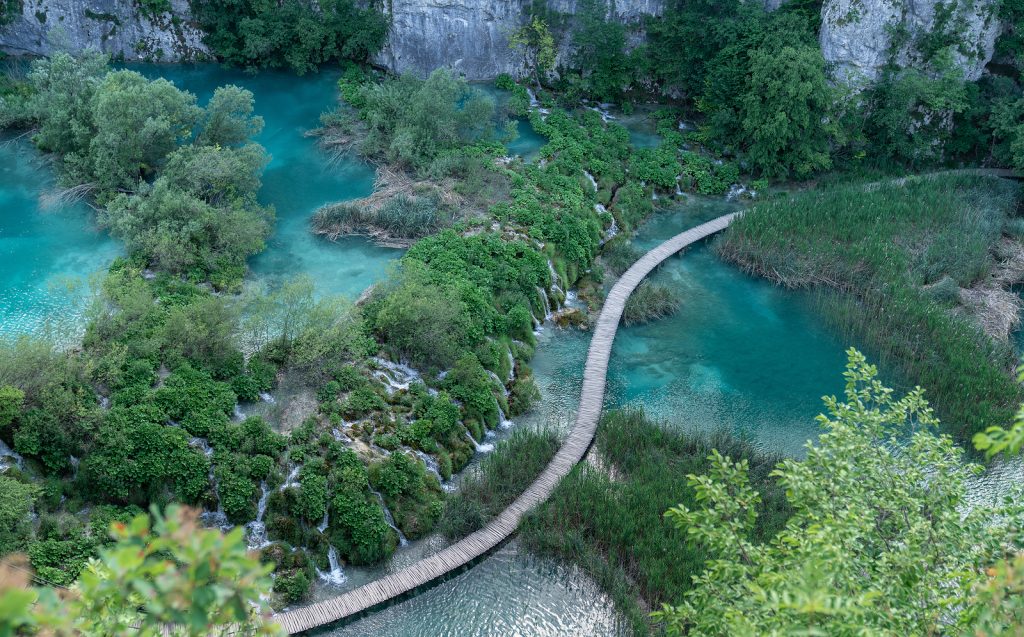
Croatia’s Plitvice Lakes National Park is a UNESCO World Heritage site renowned for its cascading waterfalls and turquoise lakes. The main entrance at Plitvička Jezera—a small resort town close to the border with Bosnia and Herzegovina offering bundles of accommodation—provides access to the park’s network of wooden boardwalks and trails, which meander through lush forests and past the park’s 16 interconnected lakes.
The park offers several well-marked routes, ranging from leisurely strolls to more challenging hikes for the seriously fit.
Bucegi Mountains, Romania
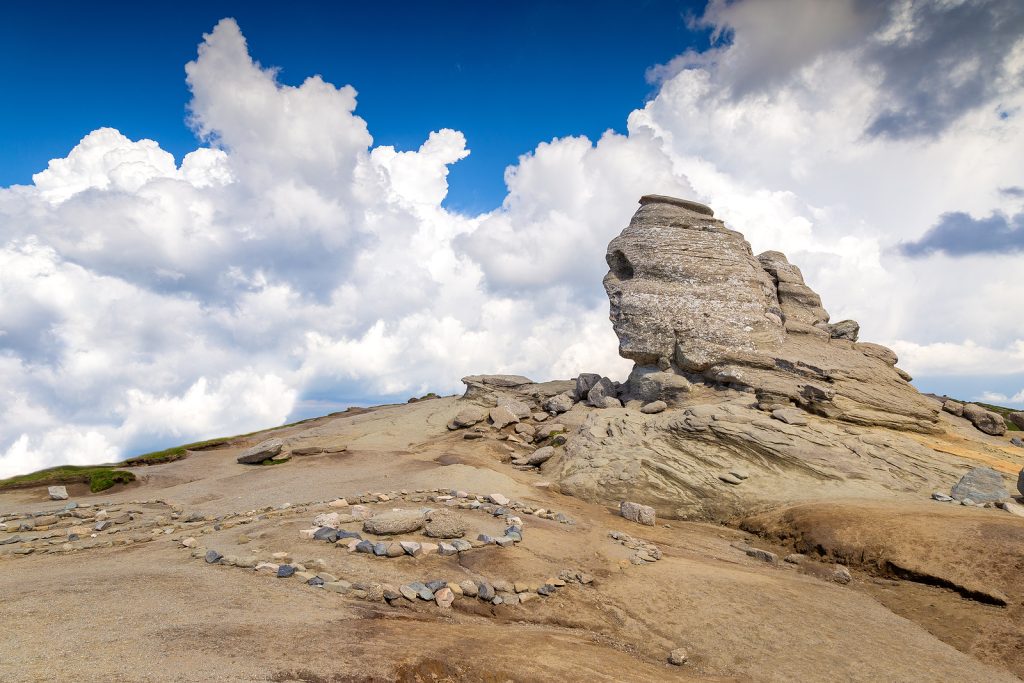
Romania’s Făgăraș Mountains offer serious hiking at altitudes well over 2,000 metres for the expert, but for day trippers the Bucegi Mountains are more accessible. One of the most iconic landmarks in the area is the Sphinx, a natural rock formation which locals claim resembles a human face—you can make your own mind up if it actually does or not. To reach the Sphinx the easy way, start what is a gentle walk of an hour or so from the top of the cable car (or gondola) in Sinaia. The incredibly lazy can take a cable car up from Bușteni from where the Sphinx is but minutes away (although arrive early—queues can be long).
Bușteni has the added bonus of being home to the Cantacuzino Castle—Nevermore Academy in the Netflix series Wednesday. Oh, and beware bears—a young woman was attacked and killed in the Bucegi this week.
Rila Monastery and the Seven Rila Lakes, Bulgaria
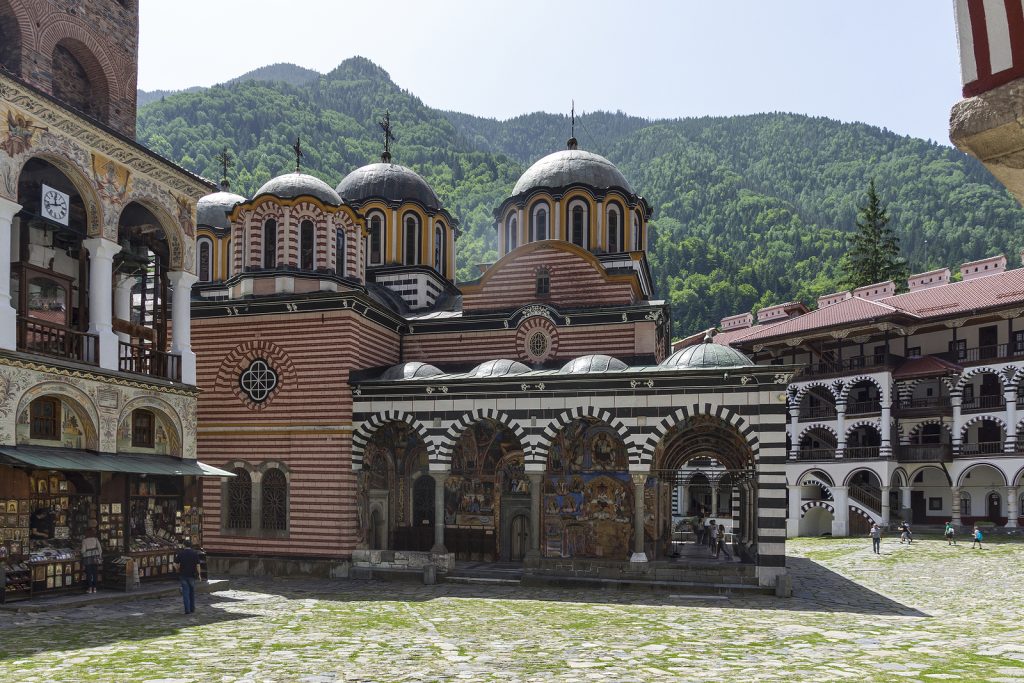
Nestled in the heart of Bulgaria’s Rila Mountains, the Rila Monastery and the Seven Rila Lakes route is a long (10-kilometre) but gentle loop which takes around four hours to complete. Start at the Rila Monastery, a stunning example of Bulgarian religious architecture and a UNESCO World Heritage site. From there, follow the well-marked trail to the Seven Rila Lakes, a series of glacial lakes situated at varying altitudes.
The hike offers a unique blend of cultural and natural beauty, with accommodation options including mountain huts, the Rila Monastery guesthouse, and hotels in the nearby town of Sapareva Banya.
Durmitor National Park, Montenegro
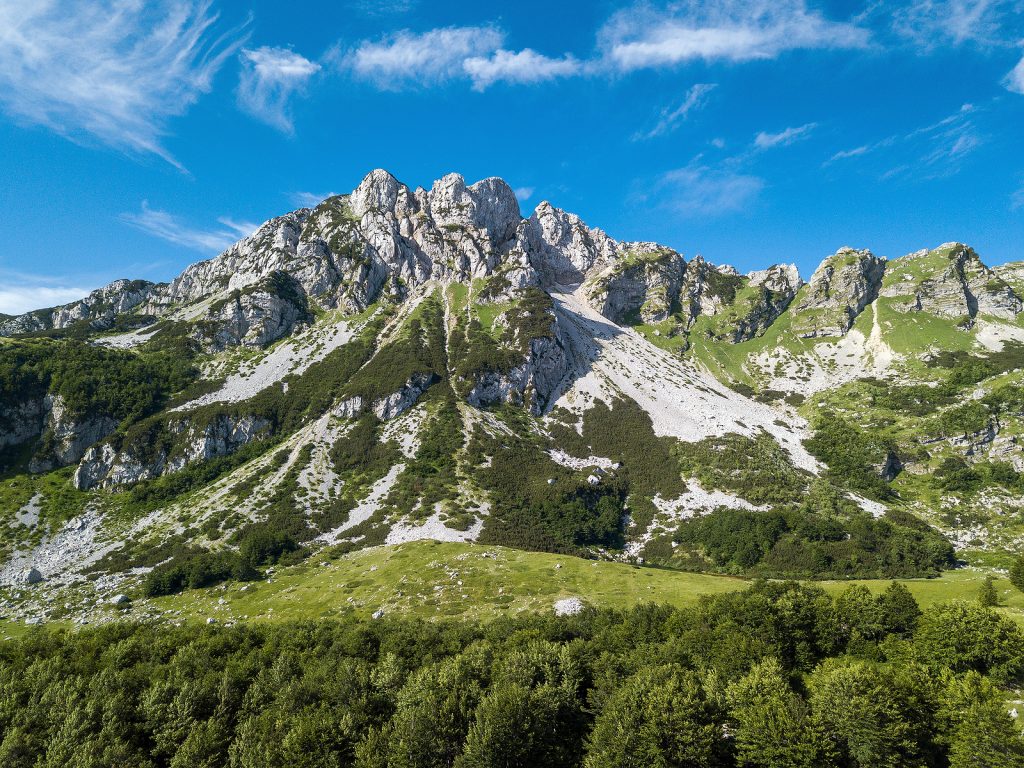
Northern Montenegro’s Durmitor National Park, another UNESCO World Heritage site, is a haven for hikers seeking dramatic landscapes and diverse flora and fauna, but all easily accessible. The park’s most famous trail takes you on a journey through dense forests, past glacial lakes, and up to the summit of Bobotov Kuk, at 2,525 metres the park’s highest peak (the final section to the peak is slightly challenging). The charming mountain town of Žabljak serves as the perfect base for exploring Durmitor, with a range of decent accommodation options.
For the truly adventurous, the nearby Tara River Gorge—Europe’s deepest gorge and one of very few unaffected by dams and roads—offers white-water rafting.
Unlike many news and information platforms, Emerging Europe is free to read, and always will be. There is no paywall here. We are independent, not affiliated with nor representing any political party or business organisation. We want the very best for emerging Europe, nothing more, nothing less. Your support will help us continue to spread the word about this amazing region.
You can contribute here. Thank you.

